Nothing counted, unless labor, endurance or some other qualitative feat conferred meaning. Only then had we achieved something worth crowing over. Those entrenched in the Protestant Work Ethic would disdain as undeserved any gains handed over on a plate. Nor is there anything noteworthy in things easily completed by all.
But who undertakes anything of difficulty or effort without some kind of benefit to themselves?
Recognition in achievement is its own reward. Yet this runs foul of another aspect of Protestantism, whereby modesty is lauded above boastfulness. It makes receiving compliments very problematic concerning our own selves.
Yet it's permissible to receive praise for any riches or possessions made available through the hard work which led to our achievement. Acquisition became the socially accepted way for achievements to not only be acknowledged as praiseworthy, but for that praise to be comfortably received.
Today's Western society was built upon the tenets of Protestantism. Even those who proclaim themselves adherents of another religion, or else Atheists or otherwise secular, have been influenced by the culture in which they were raised. The values of the Protestant Work Ethic are still prevalent, particularly in regard to how we evaluate success and achievement.
If there is no apparent monetary gain, then we feel an even bigger compulsion to highlight problematic elements in whatever task was just completed. It's the only way we may lay claim to that unduly laden word 'achievement'.
Would you agree with John Matthews there?
It would explain why the word gained such an expanded definition over time, particularly after passing from Catholic French usage into Protestant English. The implication being that to elaborate further is merely piling more subjective meaning onto a word already over-burdened with such. We long since reached completion, within our remit answering - what is an achievement anyway?
It's time things were brought to a head.
I understand achievement. My Wizzley Fifty Article Challenge is now finished.



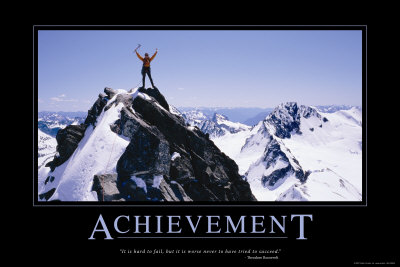
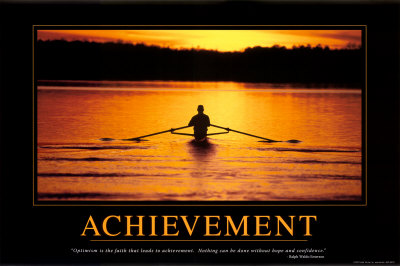



















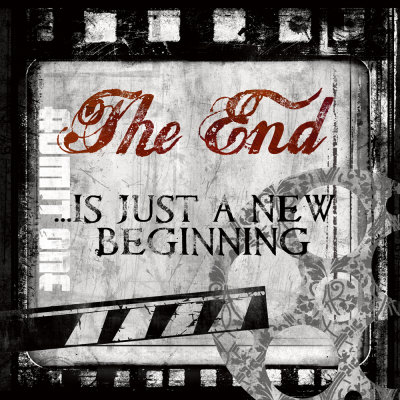
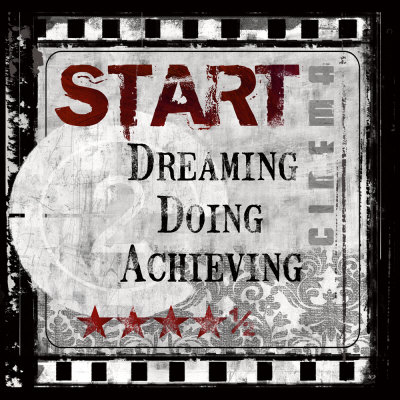


 St Tydecho's Churches in West Waleson 09/03/2014
St Tydecho's Churches in West Waleson 09/03/2014
 Goodies for an Outlander Premiere Partyon 03/06/2015
Goodies for an Outlander Premiere Partyon 03/06/2015
 Holocaust Memorial Day Interview with Rainer Höss, Grandson of Rudolf Architect of Auschwitzon 01/24/2015
Holocaust Memorial Day Interview with Rainer Höss, Grandson of Rudolf Architect of Auschwitzon 01/24/2015
 Romantic Valentine Gifts for an Outlander Fanon 01/16/2015
Romantic Valentine Gifts for an Outlander Fanon 01/16/2015

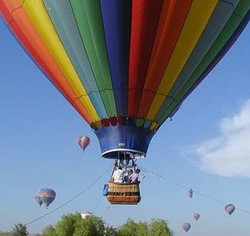

Comments
All who get to this point in an article, the place for comments, have had an achievement, and finishing a comment is yet another. Small, yet significant.
Hi Jo. I'm new and found this article while searching through the great authors. Very intriguing. Congratulations on your success. :)
I'm only just seeing this, but congratulations on your achievement Jo. I started it but have still yet to finish. I took a break from Wizzley writing and maybe one day I will get back to it. Right now, I'm focusing on other projects and another job.
Aww! I'm glad to hear it. This has been rather successful as well as a completion. My Wizzley articles have really taken off.
Achievement makes a lot of sense coming from you who is a source of inspiration to me. I loved the intro photo as well - the rainbow of hope and culmination of success.
Frank - Thank you very much. :) And yes, that link is key, I think.
Telesto - Doing the job that's in front of you is the perfect way to get on. All those little things add up.
You have shown the link between achievement and commitment, Congratulations Jo.
Well, I'm sometimes very tardy with things because of other commitments, but we just do our best and keep on. :-)
Thank you very much! Part of the reason I've seemed to disappear since this is getting through the backlog. I'll be glad of new year and a clean slate.